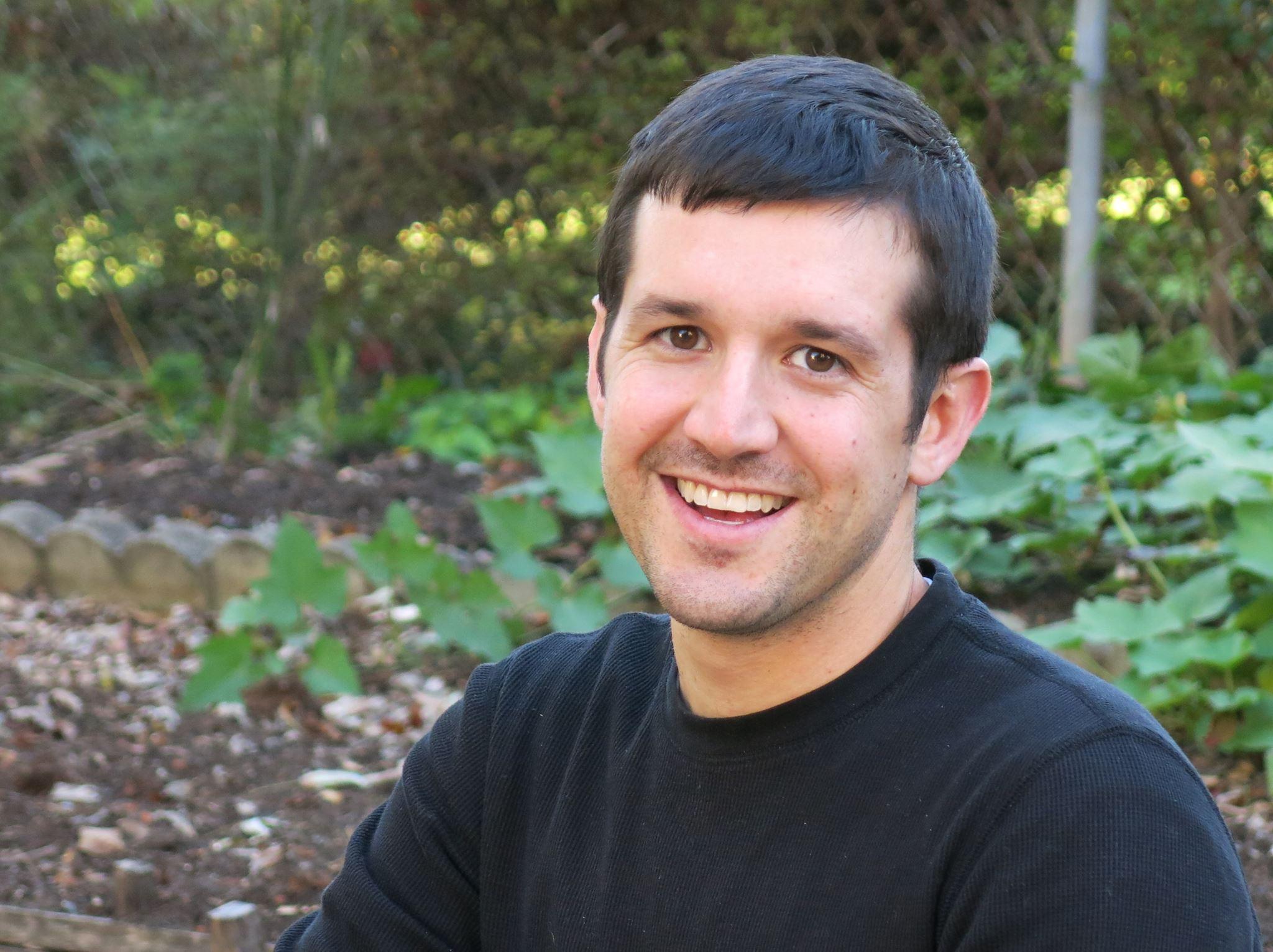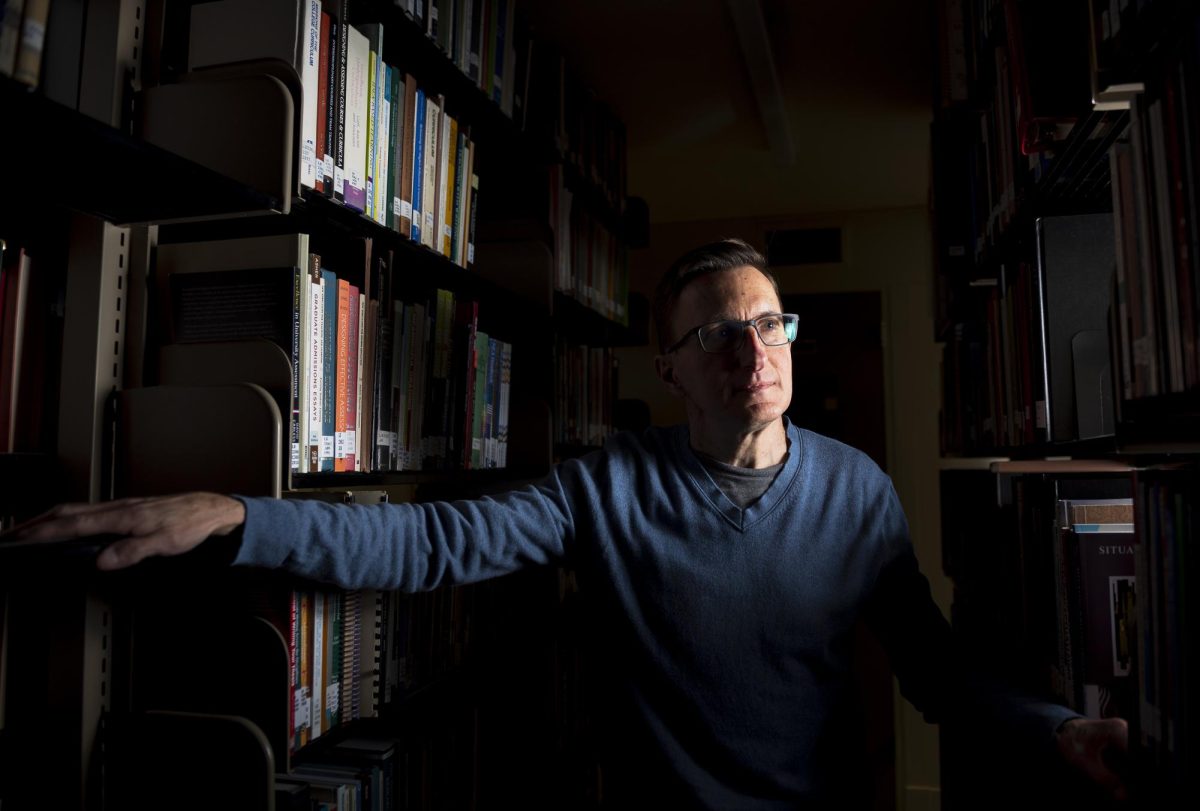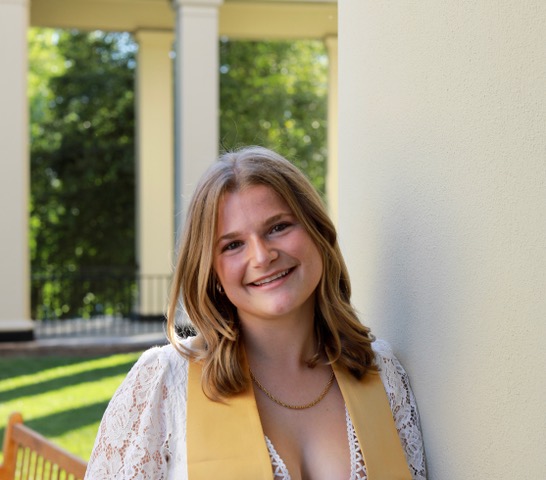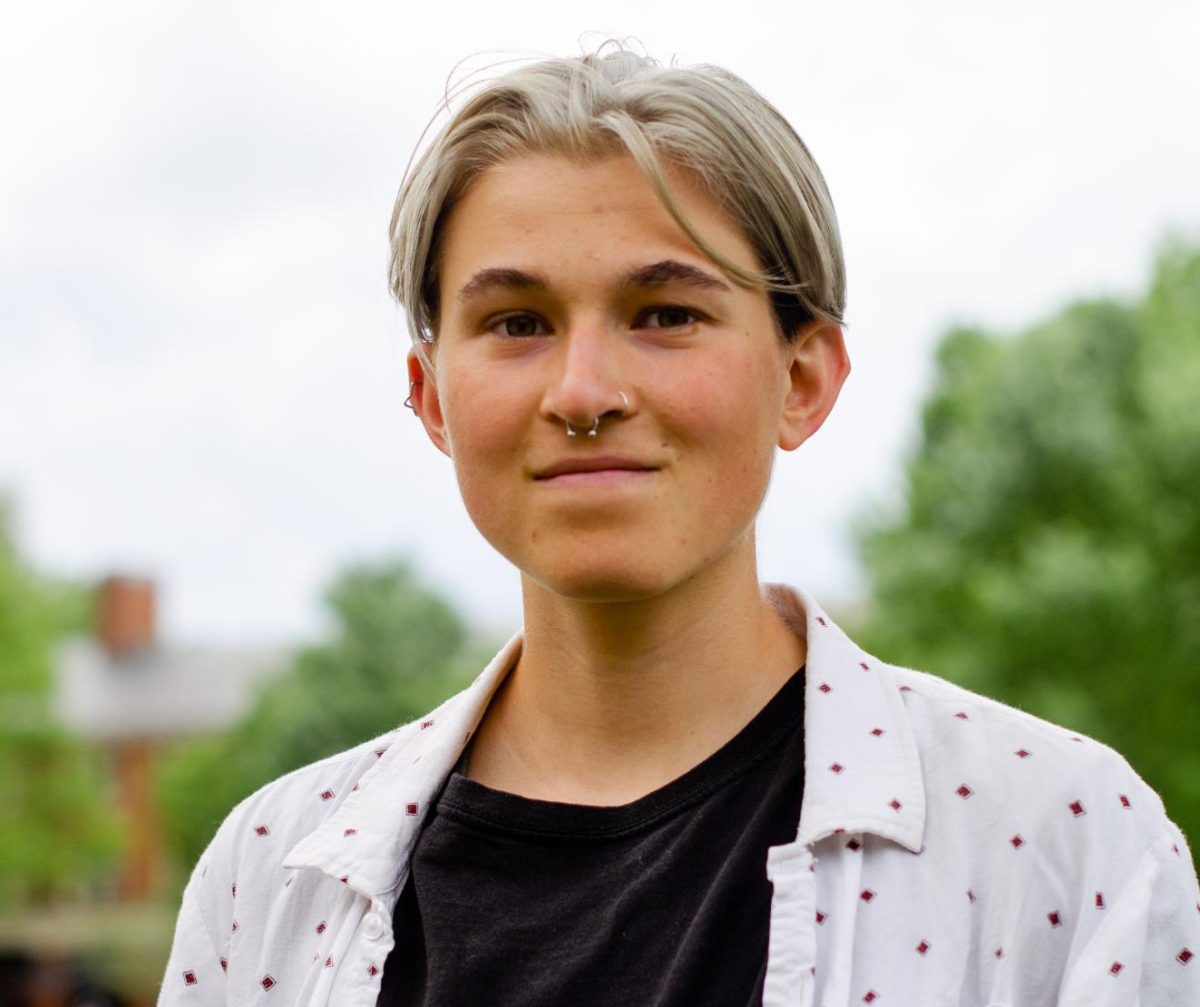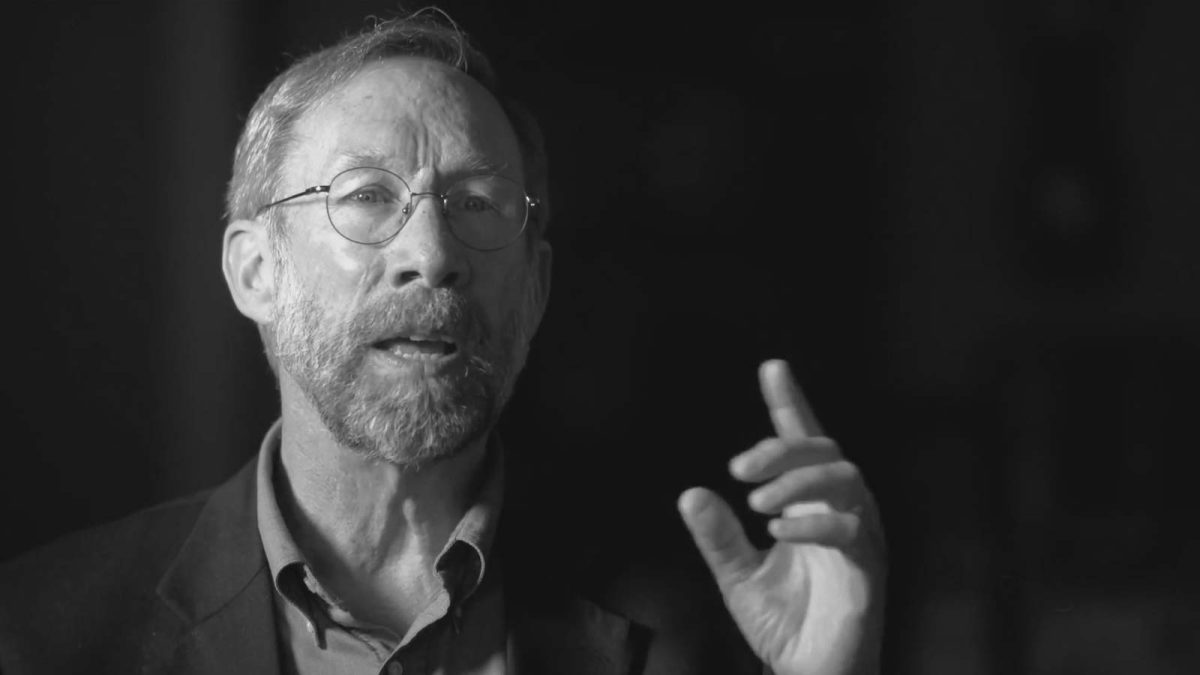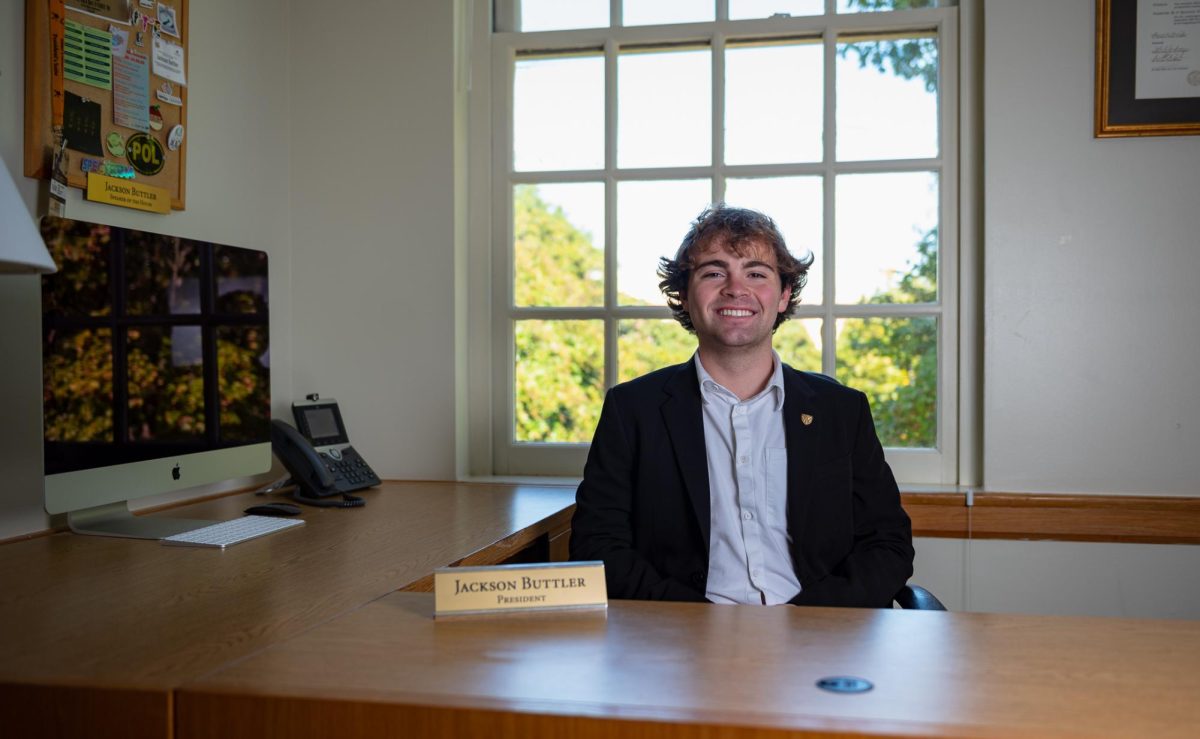Nathan Peifer works for the Wake Forest Office of Sustainability as the WFU Campus Garden manager and the Campus as Lab pilot program manager. He currently oversees the efforts toward sustainable agriculture practiced at Campus Garden, which has recently been planted in preparations for the fall growing season.
He holds a bachelor’s degree in American studies from Pennsylvania State University, a Master’s of Divinity degree from the Wake Forest University School of Divinity and a Certificate in Sustainable Agriculture from Central Carolina Community College. He also has had prior experience as a WFU Campus Garden intern during the summer of 2012.
When did you first become interested in sustainability?
I remember sponsoring a rainforest and learning about recycling in elementary school. I toured a water treatment facility in middle school and did outdoor adventure camps in the summers. I think I signed a petition of support for the Kyoto Protocol when I was in college. It wasn’t until I was a graduate student at the School of Divinity that I started to think about all those experiences collectively as “sustainability.” Since 2010, sustainability has become a rich concept for me, something that touches all aspects of life.
How did you become involved in the WFU Campus Garden?
I met Gloria Muday in the Campus Garden one afternoon while I was a Divinity student. I tried to grow a little garden my first spring in Winston-Salem. It didn’t go well, so I was looking for some gardening guidance. I really wanted a chance to practice growing food, so I talked with Dr. Muday, Dean Gail O’Day in the Divinity School and Dedee DeLongpre Johnston, Chief Sustainability Officer. We created an internship for me during the summer of 2012. It changed my life.
Could you explain how the WFU Campus Garden displays key tenets of sustainable agriculture?
If folks want to learn more about these practices, they can volunteer in the garden on Sundays from 4 to 6 p.m. or ask their professor to schedule a class tour. Very simply, we take carbon out of the air and store it in the soil by applying compost and mulch, growing cover crops and reducing or eliminating tillage. The more organic matter we can incorporate into the garden soil, the healthier and more resilient it becomes. Soil organisms thrive under these conditions and play a vital role in fertility and water retention. A lot of visitors ask if we’re Certified Organic. The certification program isn’t designed for small gardens, but, yes, we use organic techniques, which means no synthetic pesticides, herbicides or fertilizers.
What is your favorite part of working in the garden?
I play in the garden. It doesn’t feel like work. I get to be outside, engaging all my senses. I feel productive, bringing a kind of order to the land, growing something beautiful and delicious — if I’m doing it well. I’m always learning something, either a lesson from the garden or from a volunteer. A volunteer taught me how to prepare and eat the tender stalk and leaves of the squash plant last week. It’s a prickly plant, so I never would have thought to eat it! I’m constantly learning, and I get to share that with students every week.
Is there anything in particular that you are looking forward to as the fall growing season begins?
We are growing 160 feet of sweet potatoes and 320 feet each of broccoli, carrots and green beans. The goal is to harvest everything for Campus Kitchen so they can use the produce to cook Turkeypalooza meals. We’ve got a bunch of class projects happening in the garden too, so I’m excited to see what the students produce.

